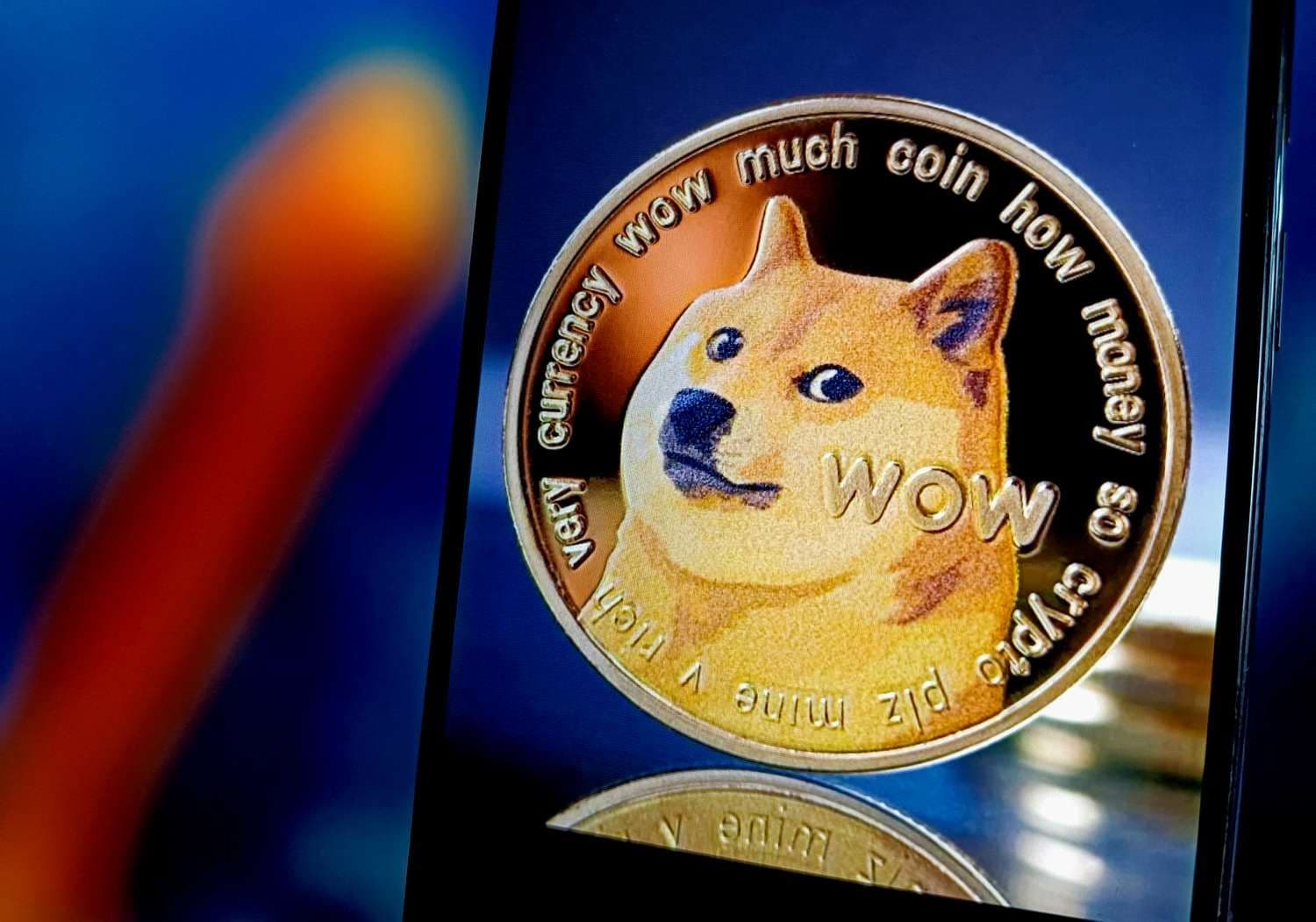
Real estate tokenization refers to the process of creating digital tokens on a blockchain that represent ownership in a property or a real estate portfolio. These tokens can be sold, traded, or transferred on blockchain platforms, similar to how stocks are traded in financial markets.
For example, instead of purchasing an entire property, an investor can own a fraction of it by buying tokens representing a share of that property. These tokens grant the holder rights such as dividends from rental income or a share of the property’s appreciation value.
Tokenization allows multiple investors to own smaller portions of high-value properties. This makes real estate investments more accessible, especially for retail investors.
Traditional real estate investments are notoriously illiquid. With tokenization, property ownership becomes tradeable on secondary markets, enabling faster and easier transactions.
By dividing properties into smaller, affordable tokens, tokenization enables more people to invest in real estate without significant capital.
Investors from anywhere in the world can purchase real estate tokens, broadening the investor pool and democratizing access to property markets.
Blockchain’s immutable ledger ensures all transactions are transparent and tamper-proof, reducing fraud and enhancing trust.
Tokenized real estate operates at the intersection of real estate and securities law, leading to complex compliance requirements that vary by jurisdiction.
The concept of tokenized assets is still nascent, and mainstream adoption is limited by a lack of awareness and understanding.
Reliable platforms for token issuance, trading, and custody are still under development, hindering scalability.
Ensuring tokenized assets are legally recognized as property ownership is critical but challenging in many jurisdictions.
Tokenization holds immense potential to transform the real estate industry. As regulatory frameworks evolve and blockchain technology matures, tokenization is likely to gain wider acceptance. It promises to make real estate investments more democratic, efficient, and transparent, opening new opportunities for investors and developers alike.
By breaking down barriers to entry and enhancing liquidity, tokenized real estate could become a cornerstone of the global property market, enabling a new era of digital property ownership.

Trump authorizes Trump-themed meme coins

A Republican inquiry explores the Biden administration

Discover what Meta does, its products and services.

Musk's DOGE joke sparks debate on crypto's future